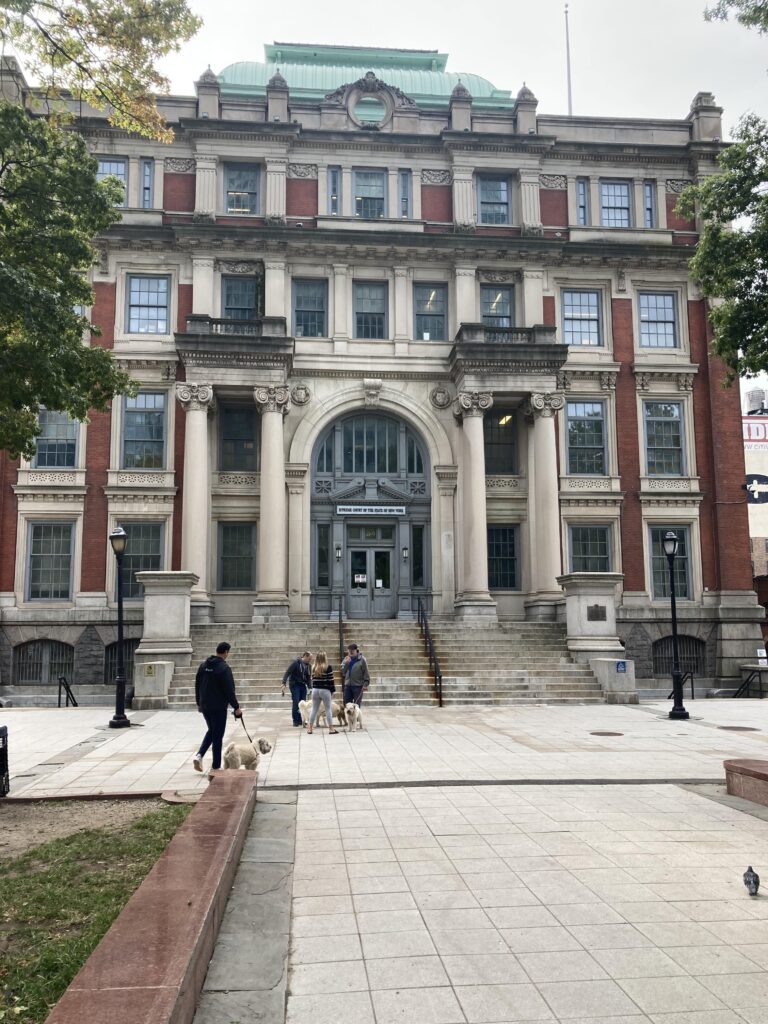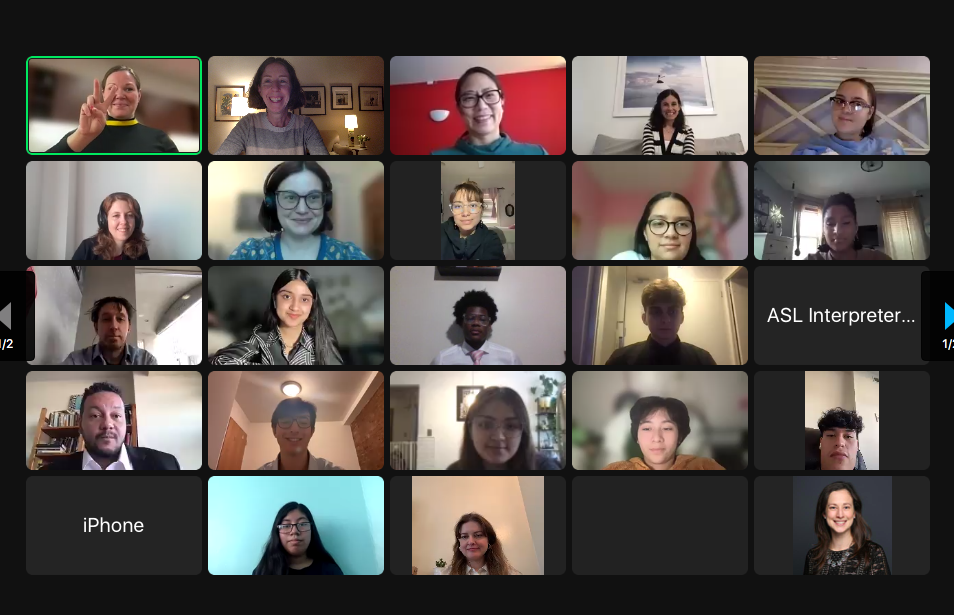
Christopher Alford:
What I seek (from law school) is the proliferation of a community that is guided by more than just monetary gain. I believe there is an issue with many traditional schools wherein subjects of law are taught at face value, ignoring historical and political analysis behind the way things are—and the way things ought to be. Law school should be a means of birthing individuals that are people-centered. Further, it should create a means of creating individuals that seek to better the world they participate in.
Ranjana Venkatesh:
To create a professional community, as a 1L, [I] would love to see more community spaces/times for us as a cohort to meet in person, and discuss freely/openly. We need an opportunity to discuss our classes, court decisions, the profession, social movements/protests, etc. in an open forum that anyone can attend and is not directly related to our class times. A space & time just for us.
Ben Fisher:
I believe in the notion that a person is a person through other people. Therefore, in regards to the value or purpose of community in & out of the classroom I seek sources that are helpful in the development & expansion of my personhood & hermeneutic horizon. I seek diversity of knowledge, perspective, experience & culture, so that I can learn & grow through any community & hopefully contribute to positive growth for those around me.
Aimes:
How can lawyers cultivate build create community?
Listening. Learning. Organizing.
Lawyering is a tool that can be wielded to shore up power. Historically, it has been used to shore up power on the side of white supremacy & capital. I believe it can be used in the interest of equity, prying the hands of racism/white supremacy culture off of community, humanity, and mutual aid.
By meaningfully LISTENING to our clients and those around us a lawyer can LEARN how harm is perpetuated and also how healing can be enacted & helped to flourish. By not simply helping clients one by one in a vacuum but by connecting clients to a movement. Lawyers can participate in the formation of NEW communities & NEW futures. In law school this looks like listening & learning from our classmates & professors. Being willing to be wrong & being loving towards each other.
Attribution-NonCommercial-NoDerivatives 4.0 International
This license allows reusers to copy and distribute the material in any medium or format in unadapted form only, for noncommercial purposes only, and only so long as attribution is given to the creator.


